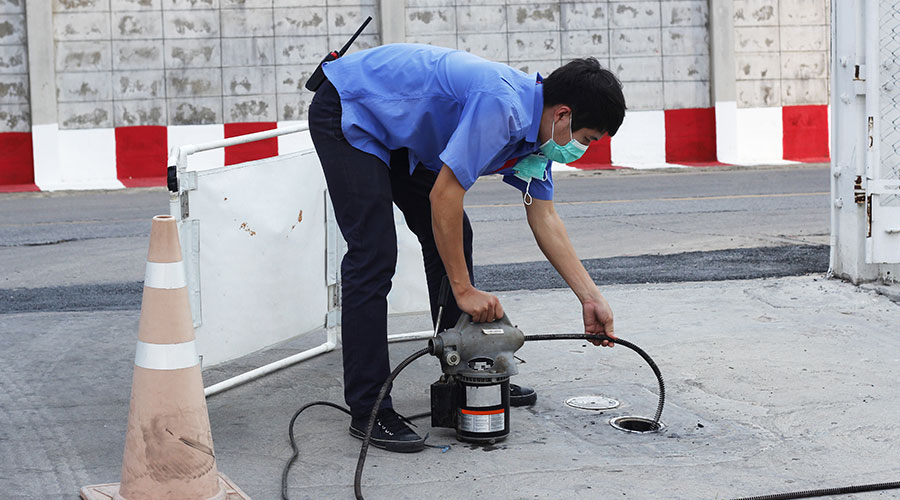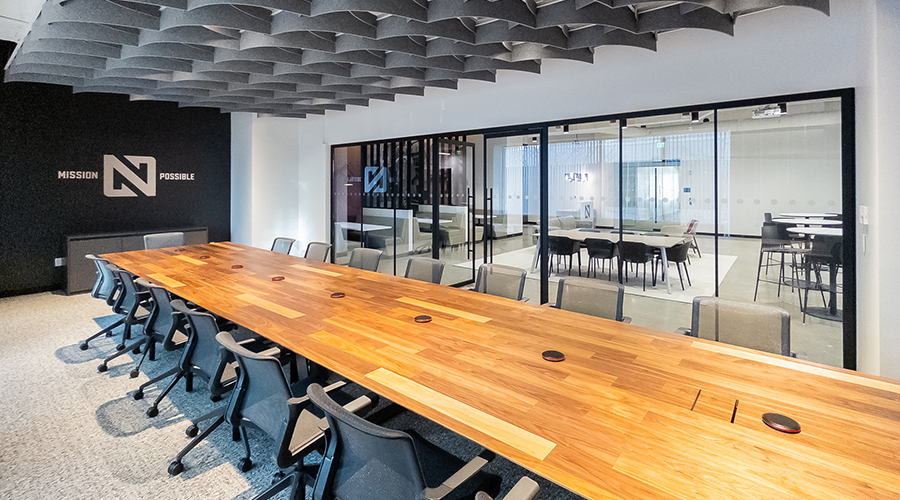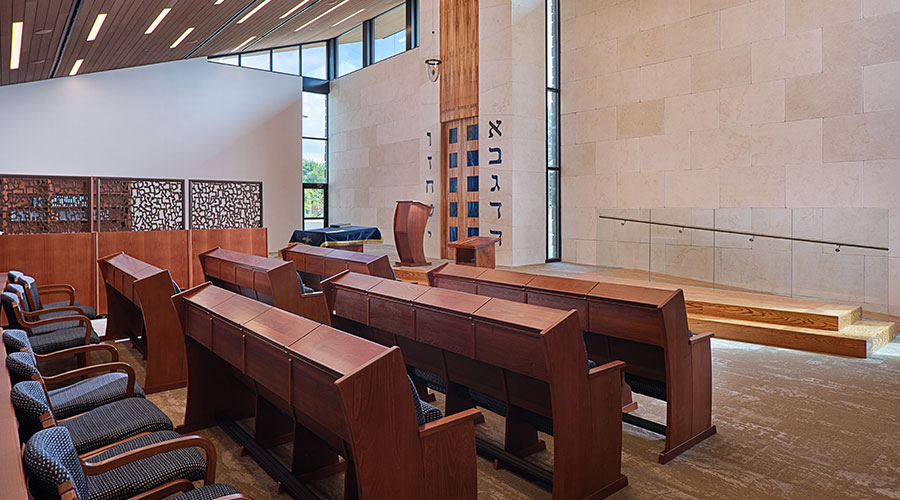How to Build Accurate Construction Timelines
Staying on time and on budget, when a wrench is thrown in the works, can be difficult. These six tips can help.
By Brian Poage, contributing writer
When starting a new construction or renovation project, one of the first steps is establishing a timeline. To effectively coordinate labor, materials, and equipment, facility managers need to work with project managers to thoroughly understand the project's order of operations and determine how long each phase will take.
It is crucial to start projects with accurate timelines to set reasonable expectations and avoid costly delays. However, this can be a daunting task. Work schedules are often interrupted by unpredictable setbacks like bad weather, staff shortages, safety concerns, or supply chain issues that make accurate timeline drafting difficult.
How do facility managers account for potential curveballs and plan timelines that set the project up for success?
Why Timeline Accuracy is Important
Because a construction timeline provides a framework for key hiring and purchasing decisions, accuracy is extremely important when drafting initial estimates. One miscalculation can lead to significantly increased costs or catastrophic delays caused by over and under allocated resources.
For new facility construction, the initial timeline sets stakeholder expectations. They will expect project work to be completed as scheduled. Miss too many deadlines, and the risk of disputes rises. Finish too early, and stakeholders may feel misled and lose trust.
Timeline accuracy is potentially even more important when you’re starting a new construction project at an existing facility. If the facility is currently in operation, they’ll likely need to “work around” the project, and may modify their own work processes or schedules. It’s important to provide an accurate initial timeline so stakeholders can effectively accommodate.
How to Build an Accurate Construction Timeline
Facility managers can use these six tools and tips to help draft accurate timelines.
1.) Expect the Unexpected
Construction rarely goes perfectly according to plan. A wide variety of factors affect how and when tasks can be completed.
When drafting an initial timeline, facility managers should think critically about the potential for the following issues:
- Extreme weather conditions
- Safety hazards
- Labor shortages
- Supply chain delays
- Quality concerns
Depending on how likely a project is to experience any of these issues, facility managers should account for potential delays in the initial estimate. It can be tempting to create as tight a schedule as possible to try to win bids or impress stakeholders, but it is better to add room for error than ask forgiveness later.
Determine how much room to add based on logical risk assessment. For example, if the project is a complete remodel of a large indoor space, weather isn’t a concern unless there is a good chance it will affect travel to and from the jobsite. If that’s unlikely, there’s no need to add any extra time to account for weather concerns. However, the project may require large quantities of wood or other materials. Checking with several providers on their availability will help determine when supply delivery can be guaranteed.
2.) Avoid Too Much “Padding”
On the other hand, facility managers should avoid adding too much wiggle room to the timeline. While it may seem like stakeholders should be overjoyed when a project finishes early, this isn’t always the case.
If a project takes much less time to complete than expected, resources have likely been overallocated. Projects may overspend on labor or equipment costs. Stakeholders may feel that the estimate was off track and the work schedule should have been more aggressive.
Balance is key. Assess risks critically and draft a timeline that accounts for some unpredictable delays while still remaining competitive.
3.) Invest in Digital Reporting Tools
Digital reporting tools help project managers plan accurate timelines in two ways. One, they provide high quality production data that improves the facility manager’s understanding of the construction process. Two, they help facility managers closely monitor progress as work is completed, so they can proactively respond to potential issues.
4.) Collect Accurate Data
Digital daily reporting is faster and more accurate than pen and paper methods. It standardizes and simplifies data collection and analysis.
Digital tools combine daily reports from multiple sources into a single format. Facility managers can instantly access and analyze the information using automated charts and graphs instead of tracking down and organizing the data themselves.
Not only can facility managers gain better insights into how that particular project is progressing, they can also document unexpected delays and their causes. They can measure progress against estimates and use that data when it’s time to create timelines for similar projects.
5.) Monitor Progress
Digital reporting also helps keep projects as close to the initial timeline estimate as possible. Because digital reporting provides facility managers with more detailed, accurate project updates faster than pen and paper, they can more quickly catch potential concerns and make decisions that prevent them from turning into major problems.
For example, they may notice a safety concern in a jobsite photo captured by the digital reporting software that would not be mentioned in text-only reporting. They can quickly correct that concern before any accidental damage causes a delay or rework.
They can also share more timely updates with stakeholders, which helps them stay engaged and informed.
6.) Trial and Error
Timeline accuracy will improve with experience. While it’s difficult to plan a perfect initial schedule, high quality reporting data combined with common sense risk assessment will keep your project running as smoothly as possible.
With the right mindset and some helpful reporting tools, project managers can plan and enforce timelines that are both competitive and accurate.
Brian Poege is senior construction manager for Raken.
Related Topics:












